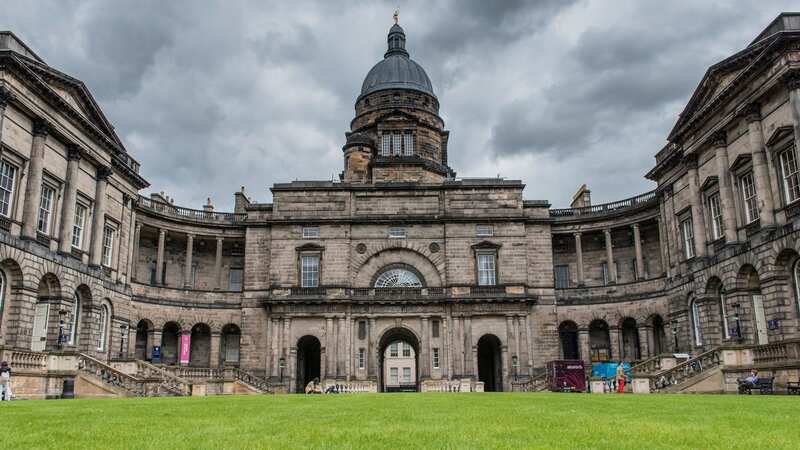

The University of Edinburgh is reviewing its links to slavery in a bid for 'reparation' - after researchers found the School of Medicine was involved in human trafficking.
Academics are working with a team of researchers to trawl historical archives to build a picture of the university’s involvement in Atlantic slavery and colonialism.
The uni hopes to set a precedent in the higher education sector with the two-year project, Decolonised Transformations: Confronting the University of Edinburgh's Legacies of Enslavement and Colonialism.
Community organisations, heritage bodies and groups are being invited to join students, staff and alumni in sharing their perspectives.
The Race Review is set to make a series of evidence-based recommendations on policy by the end of 2024.
 Nursery apologises after child with Down's syndrome ‘treated less favourably’
Nursery apologises after child with Down's syndrome ‘treated less favourably’
It will be led by Professor Tommy Curry, Personal Chair in Africana Philosophy and Black Male Studies, and Dr Nicola Frith from the School of Literatures, Languages and Cultures’ Department of European Languages and Cultures.
Among the initial findings are records from the UK’s oldest debating society, The Diagnostic Society of Edinburgh.
Researcher Dr Simon Buck found the society was in favour of boycotting sugar produced by enslaved people in the 18th Century, but some members may have gone on to make money from plantation slavery.
Dr Buck will also explore how specific disciplines within the University of Edinburgh – including the School of Medicine – were entangled in the trafficking and enslavement of Africans.
Meanwhile Dr Yarong Xie will run an in-depth survey exploring the current attitudes towards race and experiences of racism within the institution today.
The project – Decolonised Transformations: Confronting the University of Edinburgh's Legacies of Enslavement and Colonialism – is set to be one of the most in-depth and wide-ranging reviews of its kind.
Events involving community representatives have begun to take place, with more planned throughout the year.
Professor Tommy Curry, co-leader of the review, said: “We have reached a crucial stage of the review.
"Edinburgh is in a position to work in a way unlike other institutions by approaching reparations and reparative justice as a community-led process.
“It is, of course, essential groundwork to conduct historical research and establish the facts.
 Striking teacher forced to take a second job to pay bills ahead of mass walkout
Striking teacher forced to take a second job to pay bills ahead of mass walkout
"But the process of engagement needs to be part of the reparatory work itself.
"In this way, we cannot pre-empt what will be said or the actions that the University will take at the end of the process.
"However, we will continue to share our work, and encourage members of the community to participate and create a culture in which we can all thrive.”
Previous work included a review of its curriculum, improving the representation of Black and Minority Ethnic students and staff, and promoting an anti-racist culture.
Principal and Vice-Chancellor of the University of Edinburgh, Professor Sir Peter Mathieson said: “Edinburgh’s work in this area will be academically-led, sector-leading, conducted with integrity and will strengthen us as a global institution.
"The review will look back into the University’s history in order to find collective ways to forge our future.”